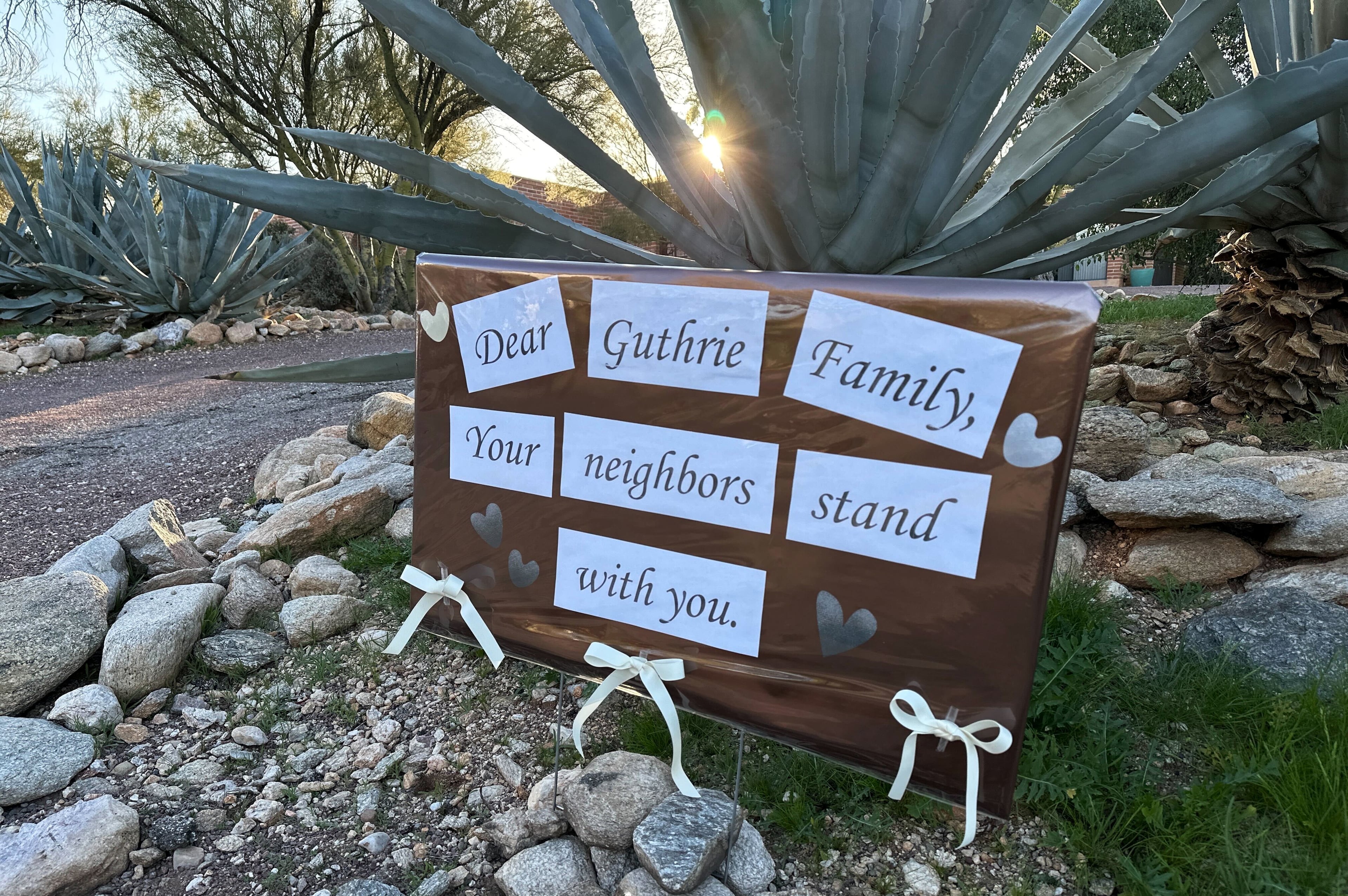Widow uses her own experiences to help others through class

Lorri Stonehocker faced grief on multiple levels just over a year ago.
She’s now braced to reach out to others who are struggling with the loss of a loved one by teaching a community college class, one simply called Healthy Grieving.
Stonehocker, 57, doesn’t pretend to have all the answers, but she went through a similar beneficial course that encouraged written exercises and participants sharing grief experiences. Her husband, Bob Stonehocker, died from cancer in March 2016.
“He died of a rare cancer; it was a long struggle,” Stonehocker said. “It didn’t just mean grieving him. It was grieving the loss of our future together.”
Her husband was set to retire in a few years, when the Spokane Valley couple planned more time with family and for travel. She and her husband had already fed a traveling bug, with long trips to Maui.
One of their dreams was to take months hiking the Camino de Santiago trail in Spain. But grief appeared instead, as a process they at first shared during the time before his death. Then afterward, she grappled with emotions as a widow.
“I really struggled with grief, the evolution of friendships, how people treat you,” she added. “I received a lot of help from Hospice of Spokane. I attended a course that offered the same curriculum we’ll be using.”
Her class also aims to help people who have faced loss by encouraging use of a journal and discussions, though people aren’t required to share publicly.
One class focus will be on helping people work through painful areas they tend to avoid, she said. Participants will be asked to purchase two books by author Alan Wolfelt, “Understanding Your Grief” and “Understanding Your Grief Journal.”
“We’ll be using tools in the books, and we’ll be doing lots of sharing and journaling, although people don’t have to share if they don’t want to. There’s homework, then the next week, discussion, if you want to share what you wrote.”
“The class on Healthy Grieving is not spouse-specific,” Stonehocker added. “It can be loss of a sibling, loss of a child, loss of a good friend.”
Stonehocker has prior experience teaching as an adjunct faculty member for about five years through the ACT 2 Program. She’s taught classes in the realm of emotional healing, including yoga, along with breathing and meditation classes.
After pushing through her own emotional journey, she approached the college about offering a course focused on grieving, she said.
“I have no degree in counseling. This is more me trying to help others. I can reach a hand back in the fire to help pull some other people out.”
“The class is really exploring the emotions of grief. You have these dark corners where it hurts to feel those memories, all these areas you don’t let your mind wander because it’s too painful. Then it ends up being too many areas, and you find yourself in a small place.
“You’re out to dinner and someone asks you, ‘How’s your husband?’ You have to have this conversation with someone who will have the pain freshly felt, and then you’re going through it again.”
There isn’t one way to grieve, because people experience it differently, she said. She added that one danger is avoiding emotions, which can create isolation, even within a family.
“It’s interesting how people who haven’t lost a loved one can put their perceptions on grief; that can cause shame and a tendency not to share, which is unhealthy,” Stonehocker said.
When she took the grieving session through Hospice of Spokane, Stonehocker noticed how people who were at first reluctant to talk generally softened and started talking, realizing the benefits. Participants even shared some smiles again, she added.
“It’s a cathartic experience working through grief. I hate those clichés, but that really worked. I’m at a place I feel I can help others. I know for me this class will be emotional. There will be two boxes of Kleenex available all the time.”
“It’s learning to walk bravely into those dark areas and experience whatever emotions you’re having. You take the power of those emotional things away. It’s not magical; it’s learning to shed that light, and it’s shared experience.”


